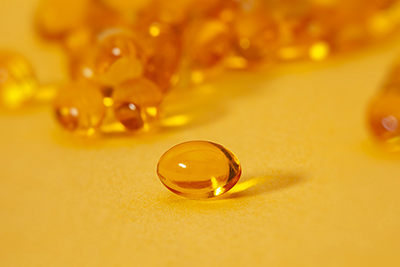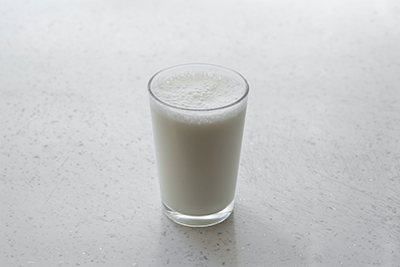Vitamin D: Am I Getting Enough?

As you grow into adulthood, you start to understand the importance of vitamins and the health of your body. Since Premier Patient Housing specializes in fully furnished apartments within minutes of the world’s leading hospitals, we realize many of our guests are concerned with health. This week, we will dive into the importance vitamin D in your diet and everyday life. Learn what it is, how much your body needs, and what causes deficiency.
What is Vitamin D?
Essentially, vitamin D is a fat-soluble vitamin created by the body when your skin is exposed to ultraviolet B (UVB) sunlight. Vitamin D can be found in some foods, but mostly in sunlight. The body converts the inactive form of the vitamin into 25-hydroxyvitamin D. When you have enough of this vitamin in your body, it can:
- Support Bone Health
- Promote Muscle Health
- Help Control the Immune System
- Assist in Cell Growth
- Reduce Inflammation
- Regulate Blood Pressure
How much Vitamin D does my Body Need?
In general, your body should receive 600 IU a day from this vitamin if you are ages 1 to 70. If you were to receive a blood test to see your levels, you would need this to determine where your levels are:
- 124 nmol/l or more: too high
- 50-125 nmol/l: sufficient
- 30-49 nmol/l: inadequacy
- 30 nmol/l or less: deficient

If your level of the vitamin is low, you could be seriously deficient. This is important because being deficient can lead to things like cancer, cardiovascular disease, and cognitive impairment in adults. You may wonder what caused this deficiency. It is mostly caused by:
- Not consuming enough of the vitamin
- Unable to absorb or metabolize the vitamin
- Not in the sunlight enough
Causes of Deficiency
If you find yourself to be deficient in this vitamin, you may be wondering what caused this. It could be from malabsorption, not enough UVB, or even your body not properly metabolizing the vitamin. Here are some other risk factors that could affect how much Vitamin D you get:
- Diet – Make sure to eat vitamin D dense foods like dairy or cereal to get as much of the vitamin into your body as possible.
- Lifestyle – Many people nowadays work inside, you wear sunscreen and protect their skin when they go outside. Although this helps against skin cancer, it can lead to not getting enough of the vitamin into your skin.
- Location – Living in an area where sunlight is less common, like in the winter, you may not absorb enough UVB rays into the skin like someone living closer to the equator.
- Pollution – Living in an area that is highly polluted can lead to less UVB rays getting through the air and reaching your skin.
- Smoking – Scientists believe that smoking may affect the gene that activates this vitamin in the body.
- Obesity – Being overweight could affect the absorption of this nutrient into the body. Poor dietary habits might have a part in this as well.
For more risk factors, look at this article. You should talk to your doctor about what you can do to have the proper nutrients in your body and live the healthiest lifestyle you can.
Premier Patient Housing looks forward to providing guests with information that can help them in their daily lives. We also look forward to helping people find a place that feels like home away from home. Book an apartment with us today!

